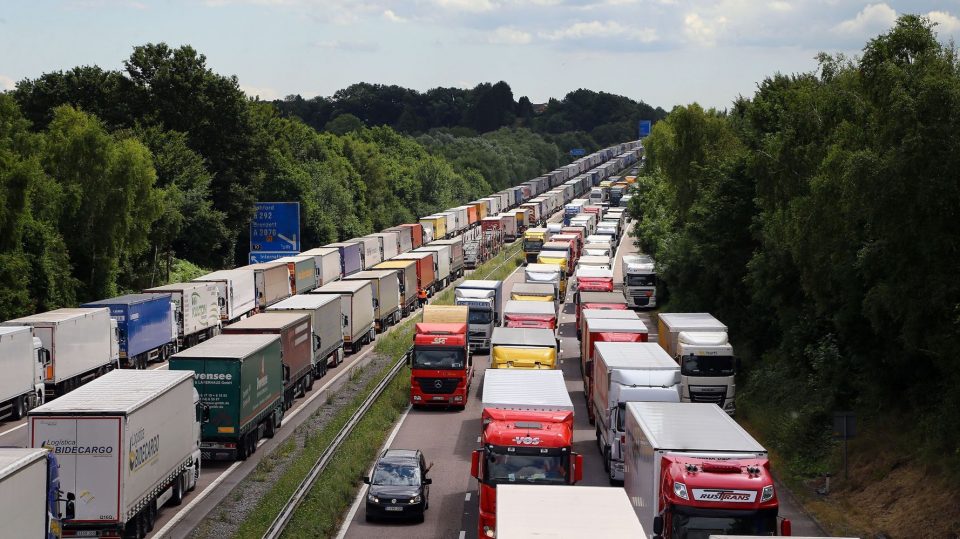Delta G procedures and the reciprocity rule
Following the Trade and Regulatory Agreement signed at the end of December 2020, and applied since January 1, 2021, the rules for trade in goods between the European Union and the United Kingdom have changed. Even though the agreement will not be ratified until 2021, customs formalities, as well as sanitary and phytosanitary controls, have been re-established for the transport of goods.
The European Union becomes a third country again. As a result, any company trading with the United Kingdom must now use Delta G, the French customs’ IT system, or request the services of a forwarding agent to complete these formalities. The objective of this smart border, which relies on new technologies, is to avoid blocking vehicles at customs, especially at the shuttle, and to make traffic flow more smoothly.
“The principle is based on the anticipation of the customs declaration by the exporter or importer, who will have to register his declaration before the journey”, explains Jean-François HERBER. At the time of the declaration, all the elements concerning the goods will have to be recorded, as well as the name of the carrier and the vehicle’s license plate. The vehicle will only be able to pass through customs if the information is complete and in order. Otherwise, it will be stopped and checked.
The deal also changes the way VAT is handled by introducing the reciprocity rule. Transactions will no longer be processed through the DEB (Declaration of Exchange of Goods), but through a reciprocity rule that requires agreements between each country to register VAT.
Support needed for some companies
The new regulations seem to be coming into place, even if the pivotal period at the end of December was a bit tricky. But this forces companies to anticipate. “Those who had regular exchanges with the United Kingdom have taken the lead, according to Jean-François HERBER. But for those who trade only occasionally or who are planning a new market with the United Kingdom, support may be necessary to anticipate the declarations.
The purpose of the training is to reassure and support companies in setting up an action plan. A one-day coaching will enable them to access Delta G directly and easily or to take the necessary steps to request the services of a forwarder (or to appoint a Registered Customs Representative, or RDE).
“This support depends on the products, the customs nomenclature used and the agreements relating to the origin of the goods, because it is important to emphasize that even in the case of representation by a forwarding agent, companies remain responsible to customs,” explains Jean-François HERBER.
The SMARTLOG Group can assist companies in deploying their action plans via SUPPLY CHAIN EXPERTS, a consulting firm specializing in the logistics and transport chain, and DIALOGIS, a training organization, which can provide the essential keys to better understand the issue of Brexit and its consequences on the transport of goods.



